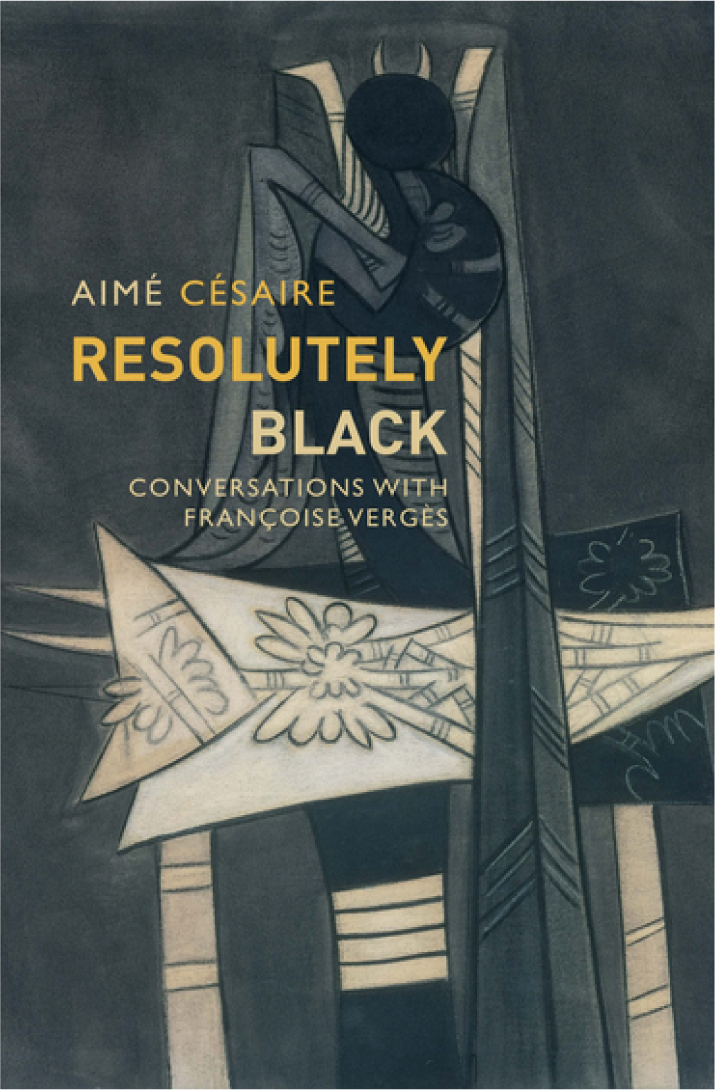Resolutely Black
Conversations with Francoise Verges
Aimé Césaire / Translated by Matthew Smith
Prologue by Françoise Vergès
December 2019
Aimé Césaire’s work is foundational for decolonial and postcolonial thought. His Discourse on Colonialism, first published in 1955, influenced generations of scholars and activists at the forefront of liberation struggles in Africa, Latin America, and the Caribbean and it remains a classic of anticolonial thought. His notion of the boomerang-effect of slavery and colonialism and his scathing critique of the French left for its failure to see racism as central to the struggle for liberation remain highly relevant to current debates.
This unique volume takes the form of a series of interviews with Césaire that were conducted by Françoise Vergès in 2004, shortly before his death. Césaire’s responses to Vergès’ questions cover a wide range of topics, including the origins of his political activism, the legacies of slavery and colonialism, the question of reparation for slavery and the problems of marrying literature to politics. His responses resonate today with such contentious issues as the boundaries of citizenship and the immigration question. Who should be considered a citizen of a nation? Should a state recognize slavery as a crime against humanity? What role did the colonies and its inhabitants play in the modernization of metropolitan centers? The book includes a substantial postface by Vergès in which she situates Césaire’s work in its intellectual and political context.
This timely book brings Césaire back into the present-day conversation on race, slavery and the legacy of colonialism. It will be of great interest to students and scholars throughout the humanities and social sciences and it will have a wide general readership.
Aimé Césaire
(1913-2008) was born in Basse-Pointe, Martinique, and was an anticolonial theorist, activist, writer and poet.
Françoise Vergès
has held the Global South(s) Professorship at the Maison des sciences de l’homme, Paris.

